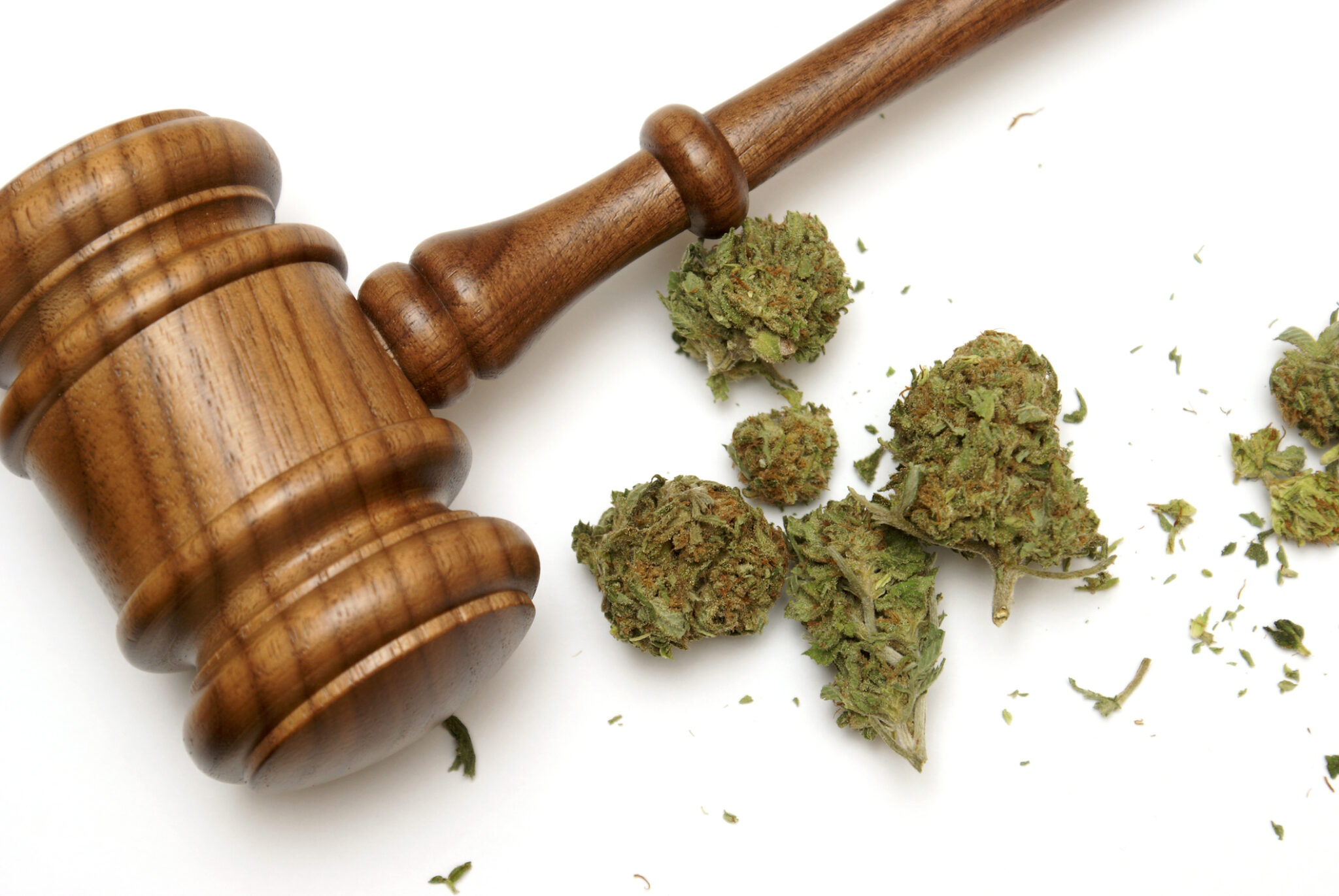
Robin D. from San Francisco asks “I understand that marijuana (cannabis) will become legal in 2018. Some friends and I are thinking of starting a retail cannabis store. We currently own a liquor store and want to know about the new laws, so we don’t get busted for illegal distribution.”
Robin, I am not a cannabis attorney and we do not represent people who sell or buy marijuana in either criminal or civil proceedings (except for suing distributors for mislabeling, defective products and those who cause injury under the influence), so this is a very general analysis of the new laws relating to the ownership and operation of cannabis businesses. You should contact a lawyer with specific knowledge in this area for guidance if you wish to pursue this line of business.
You are right, Cannabis is about to be legal (and heavily regulated). To deal with the myriad issues related to legalized marijuana the State has charged some existing regulatory bodies, the Department of Food and Agriculture (for cultivators, the Department of Public Health (for manufacturers) and the Department of Consumer Affair’s Bureau of Cannabis Control (for retailers, distributors and testers) with developing regulations to implement the new cannabis laws. The Departments of Agriculture and Public Health have long been established: The Bureau of Cannabis Control (BCC) is a new division within the Department of Consumer Affairs.
The new regulation set forth by the BCC are designed to regulate cannabis business operations. Some of the regulations are designed to identify and restrict any criminal enterprises from engaging in cannabis sales. For example, Title 16 of the California Code of Regulations (when laws are passed the agencies are tasked with drafting regulations for their implementation which are published in the CCR) Section 5002 requires those who want to sell cannabis to obtain a license and renew it annually and, in doing so, to identify not only who will own and operate the business but, also, who the investors are, and where the funds for the operation come from as well as where the funds for the enterprise are kept (bank accounts etc.). An applicant for a license must disclose whether they have an interest in any other cannabis operations as well as any prior criminal convictions, a detailed description of the offenses leading to convictions, dates of incarceration, probation, parole, etc.
According to the regulations a prior conviction, where the sentence, including any term of probation, incarceration, or supervised release, is completed, for possession of, possession for sale, sale, manufacture, transportation, or cultivation of a controlled substance shall not be the sole ground for denial of a license. Conviction for any controlled substance felony after licensure shall be grounds for revocation of a license or denial of the renewal of a license. When considering prior criminal offense, the BCC will consider the nature of the offense, including the nature and severity of the offense, whether the offense would be a felony under current law at the time of the application (many drug crimes which were felonies at the time of their occurrence have now been decriminalized), the applicant’s criminal record, the time since the offense occurred and any evidence of rehabilitation in determining whether a permit should be issued.
The regulations state that a criminal conviction of any person holding a license to sell marijuana, which occurs after the license has been issued, must notify the BCC within 48 hours of such a conviction and the conviction may be the basis of revocation of the license or refusal to re-issue the license.
The regulations prohibit any individual holding office in any state agency which regulates marijuana as well as any persons employed by the State of California Department of Justice, or any district attorney’s office, city attorney’s office, sheriff’s office, or local police department from holding a license to sell marijuana. So, if you or any of your partners work in such a capacity they can not be owners of the business.
You should be aware that a Landlord may refuse to rent to you and an applicant must demonstrate that a landlord has provided written approval for their premises to be used as a marijuana business.
If you decide to go forward with your plan you will need to provide evidence of $2,000,000 of liability insurance and you will need to post a $5,000.00 bond to ensure payment of the cost incurred for the destruction of cannabis goods necessitated by any violation of the regulations.
Be aware, cannabis, like alcohol, may be sold only to people aged 21 or over however, unlike alcohol, cannabis may be sold to an individual 18 or older who has a valid physician recommendation.
Finally, while a retailer may sell non-cannabis products in their shop, cannabis cannot be sold where alcohol and alcohol products and tobacco and tobacco products are sold.









